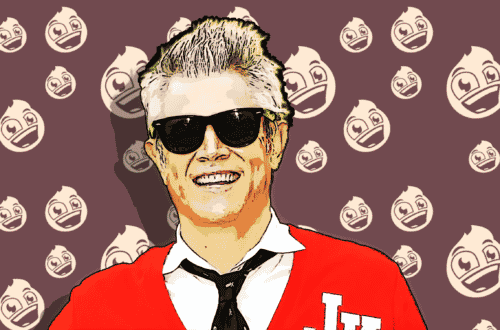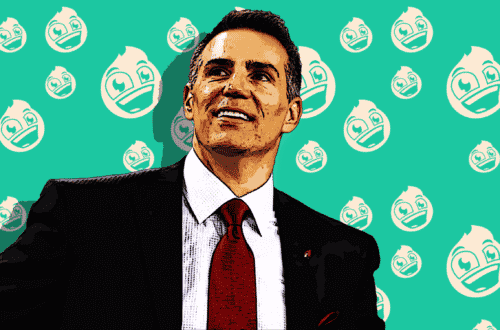10 Sleep Disorders You Didn’t Know Existed
Entertainment, Food, Lists, Other, Science, Shocking, Social, WeirdYou should never underestimate the benefit of a great night’s sleep. We don’t just sleep at nights so that we will have the energy to function the next day; studies show that inadequate sleep can affect your mood, your health, your weight and can also have adverse effects on your sex life. Although some may find the practice of going to sleep as simple, the process can prove to be quite difficult for others due to a variety of different sleeping disorders. Whether its cataplexy, central sleep apnea, or even nocturnal sleep-related eating disorders, the fact is that sleep just doesn’t come easy for everyone. In some cases these disorders are caused by preexisting conditions or stressors, while for others the causes are unknown. Fortunately, studies are identifying more and more sleep disorders and providing valuable information on how to cure or treat them. Here are some unusual sleep disorders you never even knew existed.
Alcohol-Dependent Sleep Disorder
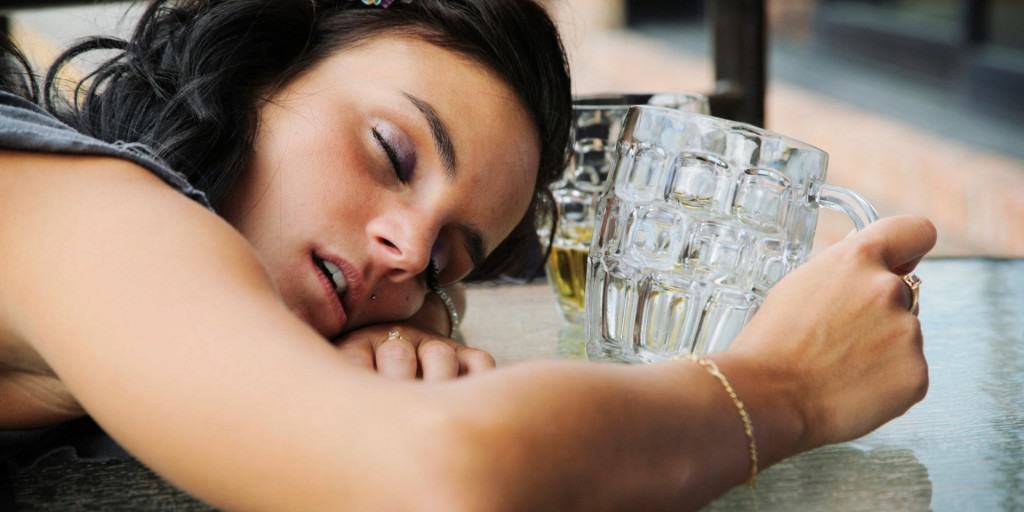
People who suffer from alcohol-dependent sleep disorder have a habit of using alcohol as a sedative to induce sleep. As persons continue to use alcohol as a sedative the effects continue to decrease resulting in the need to increase the alcohol dosage. Due to this, the disorder can lead to alcoholism due to over-medication. Patients who suffer from this disorder often complain of headaches, sweating, dehydration, mild withdrawal symptoms and they also experience frequent arousal during dreams.
Sleep State Misperception
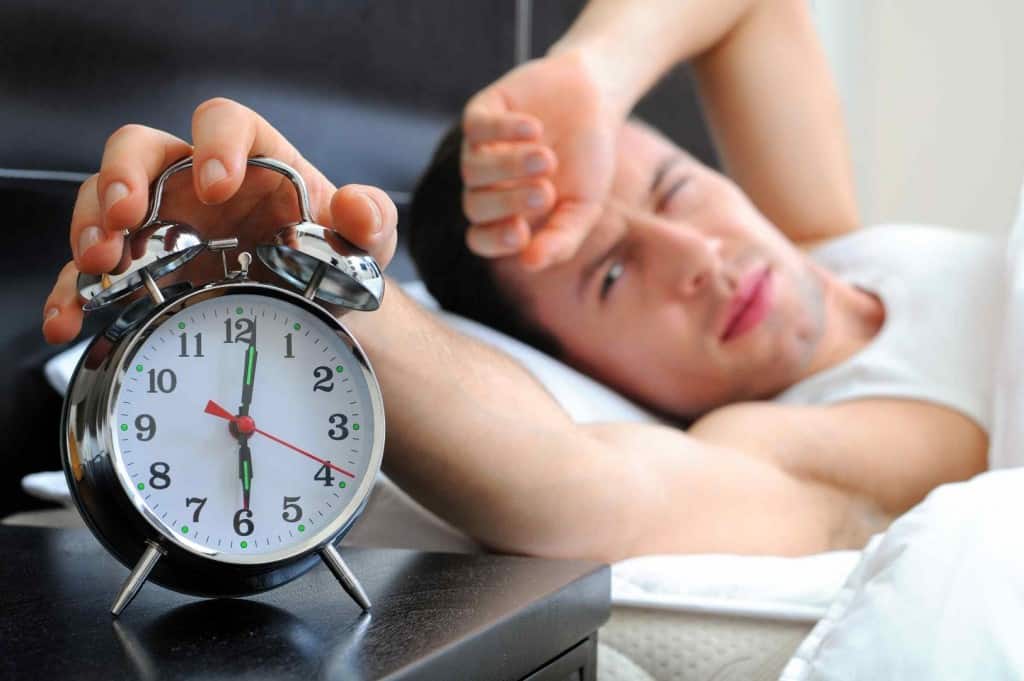
Sleep state misperception (SSM), also known as paradoxical insomnia is often diagnosed in persons who constantly, mistakenly perceive sleep as being awake. The same goes for persons who overestimate their sleep. Persons with SSM often report having slept for little, or not having slept at all while in-lab studies will show that their sleeping is within normal standards.
This type of insomnia often occurs in young or middle aged males and can lead to depression and anxiety. Behavioral treatments such as medication or sleep restriction can help with the symptoms.
Sleep-Related Painful Erections
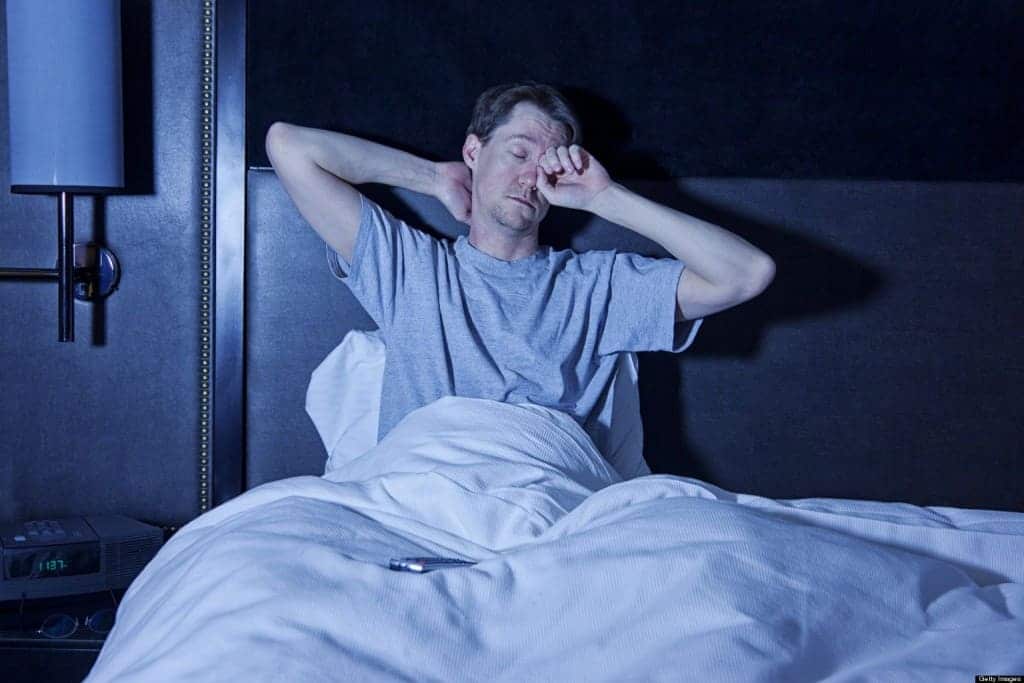
Although erections are normal during sleep, some middle aged or older men can suffer from sleep-related painful erections (SRPE). Men who suffer from SRPE tend to complain of recurrent awakenings with partial or full erections accompanied with significant pain, despite having a history of normal erections while awake.
Continued complications with this disorder can lead to anxiety, sleepiness, irritability and insomnia, and the condition can worsen overtime. Men who suffer from the disorder think it’s due to insufficient sexual release; however even those who frequently masturbate or have regular intercourse still experience this problem.
Although no studies have been conducted about the effectiveness of medication in treating the symptoms, they have been shown to work for some patients.
Short And Long Sleepers
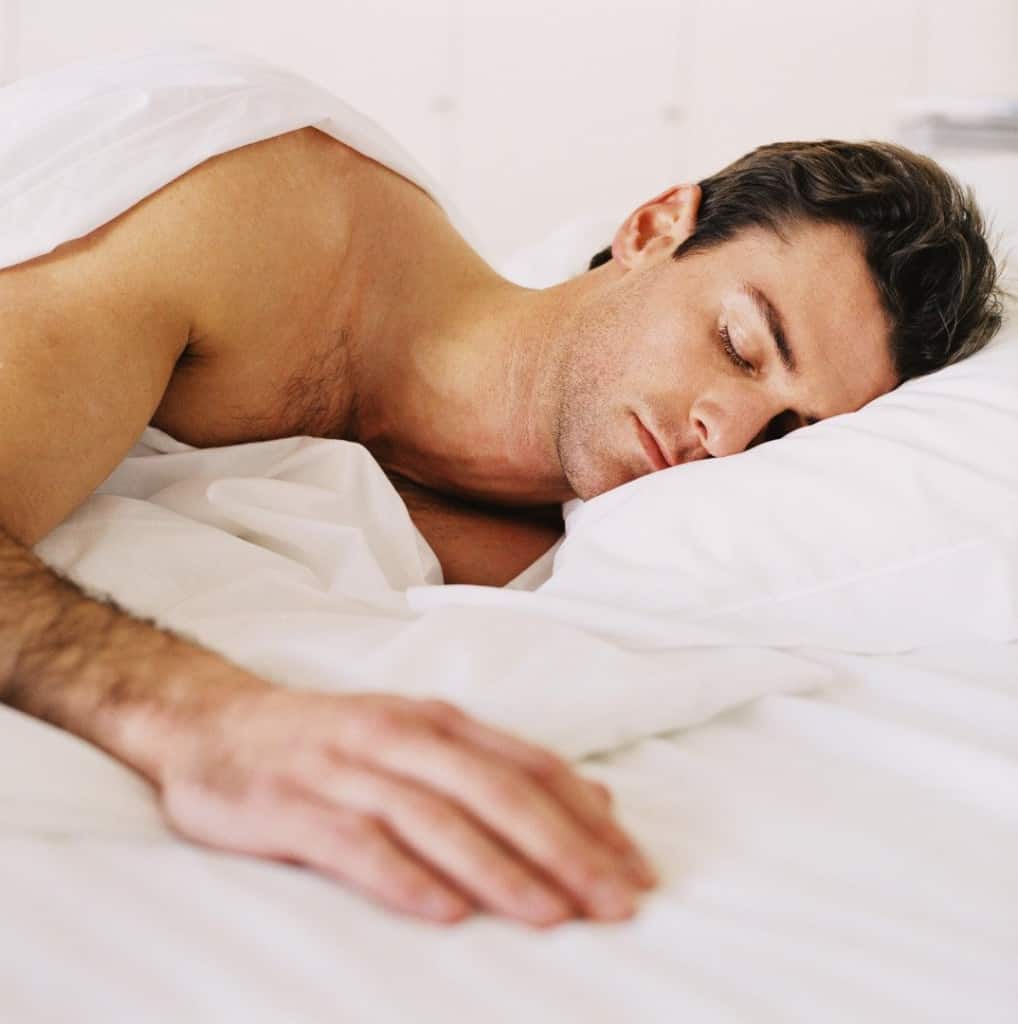
Typically we need 7- 8 hours of sleep at night to properly function during the day. However for some people this is not the case. There are some persons who need to sleep for 10 or more hours per night in order to feel rested, and they might require 10-15 hours on weekends or holidays. On the other hand some people only need 5 hours of sleep to feel rested, and maintain this pattern even on weekends.
Long sleepers are slightly more likely to me male and make up 2 percent of the population. Although there is nothing medically wrong with them, they are at a high risk for depression and anxiety. Short sleepers also tend to be male and can have some hypomanic episodes. Studies have shown that despite physical activity short sleepers tend to die earlier than long sleepers. Long and short sleepers are rare and, represent the extreme ends of normal sleep disorders. They both tend to run in families.
Nocturnal Sleep-Related Eating Disorder
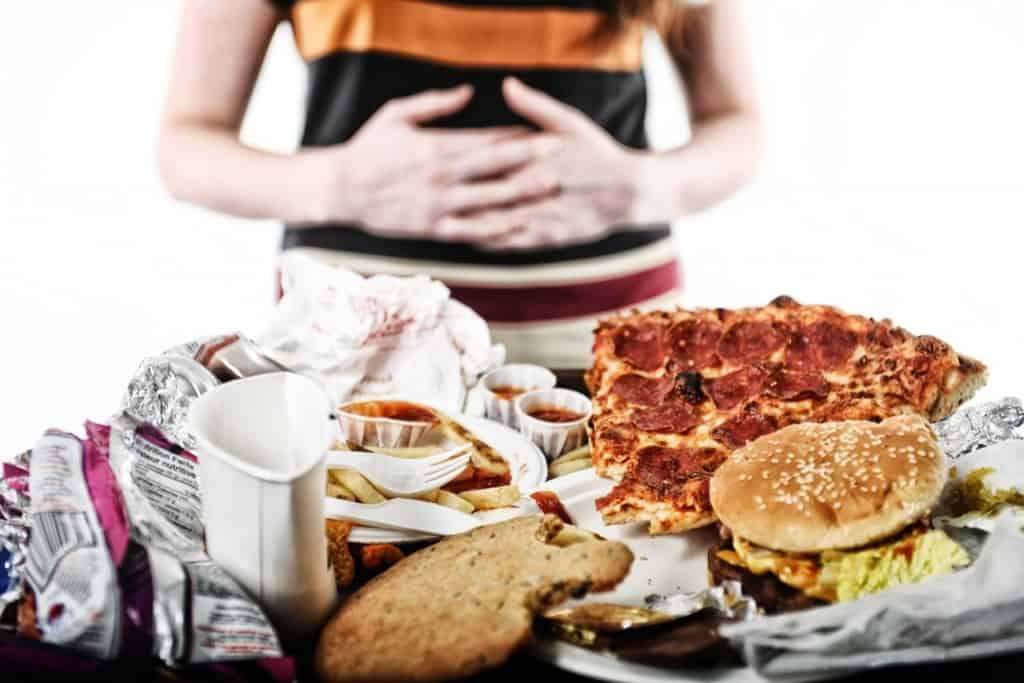
People with nocturnal sleep-related eating disorder, also called NSRED or SRED, are often unaware of their sleep eating.
They may eat an assortment of drinks and sweets, as well as unusual choices such as spoiled or raw food, wood, glue and even cigarette butts. These people tend to be very messy with their handling of food and can even injure themselves while carelessly cutting food or opening cans. The disorder can lead to rapid weight gain over short periods, which explains why people with NSRED tend to suffer from obesity. Medications can help some patients but it is not effective for everyone.
Some medications, such as Ambien, can induce episodes of nocturnal sleep-related eating disorder. Divorce, drug abuse and other life stressors can also trigger episodes of NSRED.
This disorder is not the same as nocturnal eating syndrome (NES) where people tend to binge eat at night.
Central Sleep Apnea
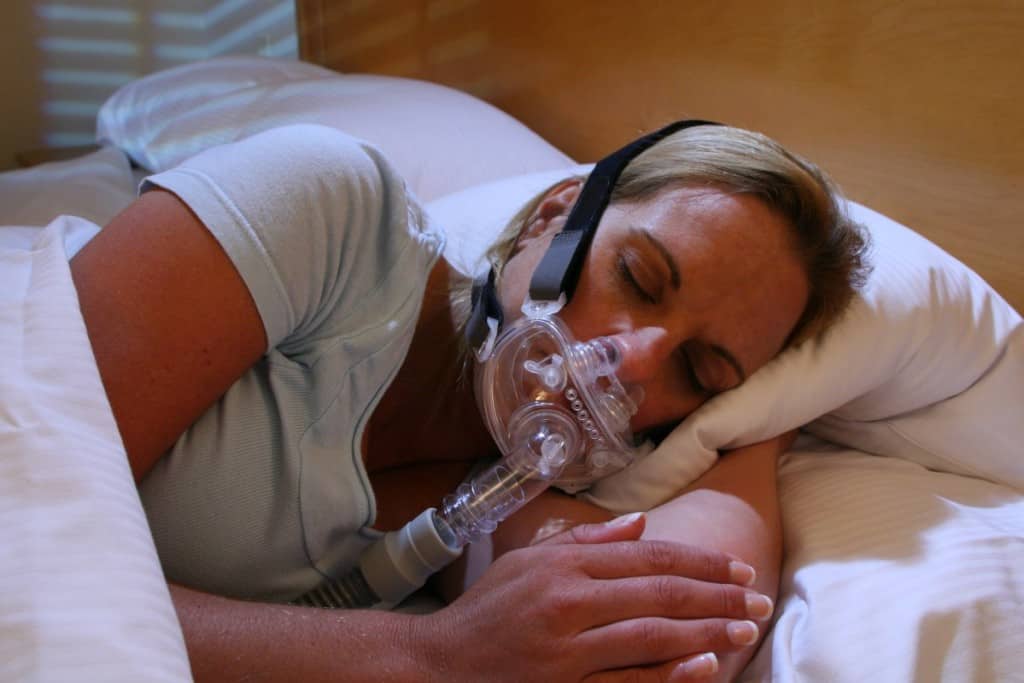
Many people might have heard about sleep apnea but may not know that there are different types. The most common type is obstructive sleep apnea which occurs when the airway is blocked. However, in central sleep apnea the sufferer will hold their breath because the brain does not give the signal for the body to breath. People who abuse drugs or pain medication, those suffering from heart or kidney disease, or who have suffered from head traumas as a result of a stroke or car accident can experience central sleep apnea.
In order to treat this disorder, patients may need a form of PAP therapy called Bipap, which is where an inhale and exhale pressure is chosen. Another treatment option is an adaptive servo-ventilation (ASV) machine which helps to regulate the respiratory rate. Central sleep apnea can contribute to diabetes, cardiac arrest, obesity and stroke.
Rhythmic Movement Disorder
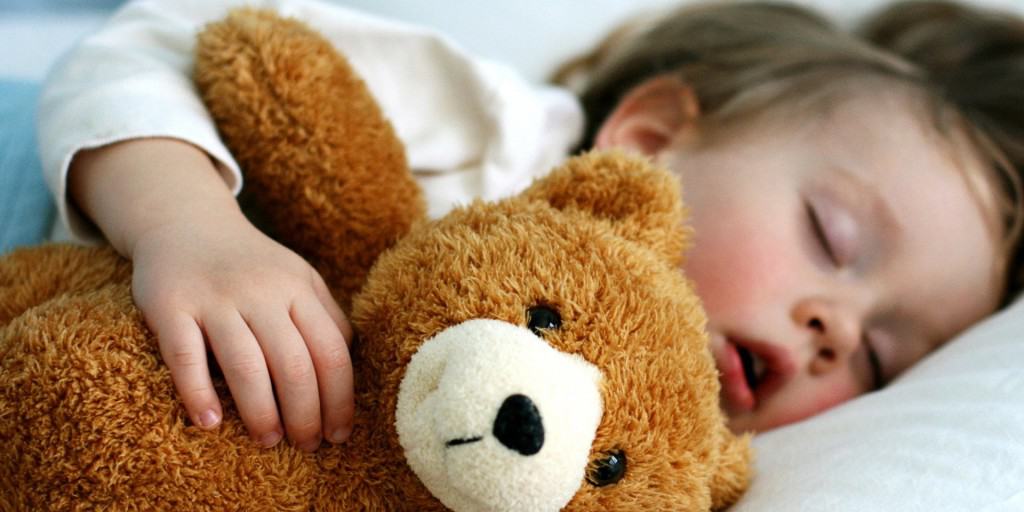
Kids who suffer from rhythmic movement disorder (RMD) tend to unknowingly head-bang, rock their bodies, roll their heads and bodies or hum while trying to sleep. These movements are often obvious during instances where the child is still awake but drifting into drowsiness and can continue or even reoccur during deeper stages of sleep. The movements are often observed while a child is sleeping on their belly or back, however it has also been seen when a child is sitting upright.
RMD is often present in persons with a form of developmental disorder such as Autism. Although it can occur at any age it is often seen in toddlers and infants and can disappear as the child gets older, thus eliminating the need for treatment.
Hypnogogic Arousals
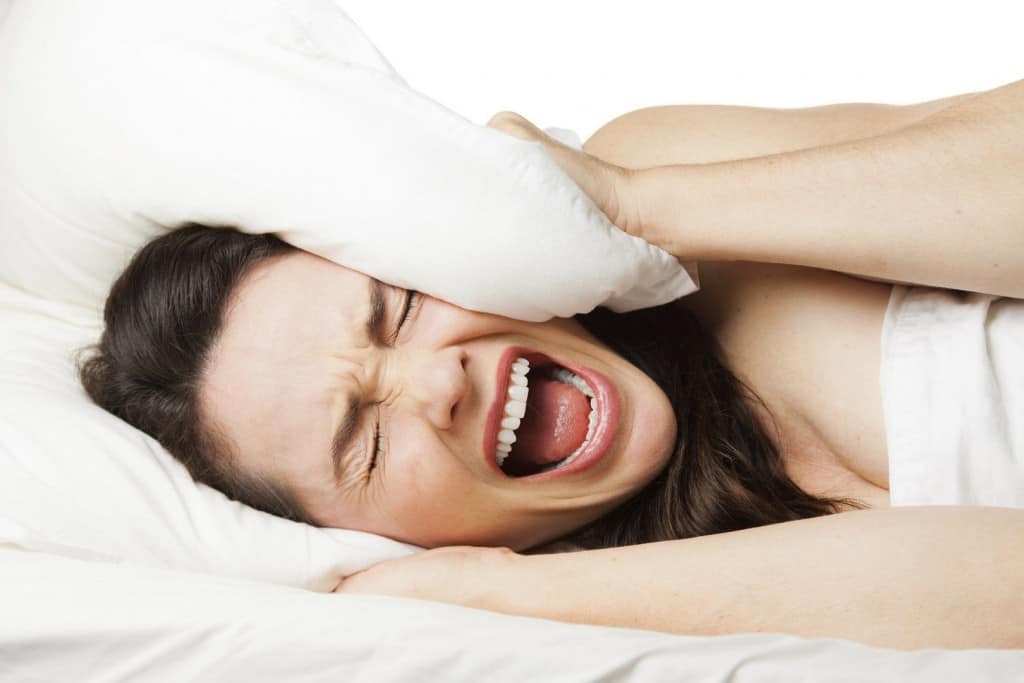
Hypnogogic arousal, also known as hypnic jerks or sleep starts, are involuntary movements which involve jerking, jumping, or even falling sensations that occur just as someone is about to fall asleep. The movements are enough to jolt the person awake and result in difficulty going back to sleep due to the anxiety of having another episode.
60-70 percent of people have reported having at least one hypnogogic arousal and often occur in persons who consume excessive amounts of caffeine, have high levels of stress or experience irregular sleeping patterns. Although it is still not clear what causes the disorder, experts presume it could be a result of another underlying sleep disorder, sleep apnea or as a result of evolution. It does not require treatment, but sufferers are encouraged to eliminate stress, avoid caffeine and try to get more sleep.
Cataplexy
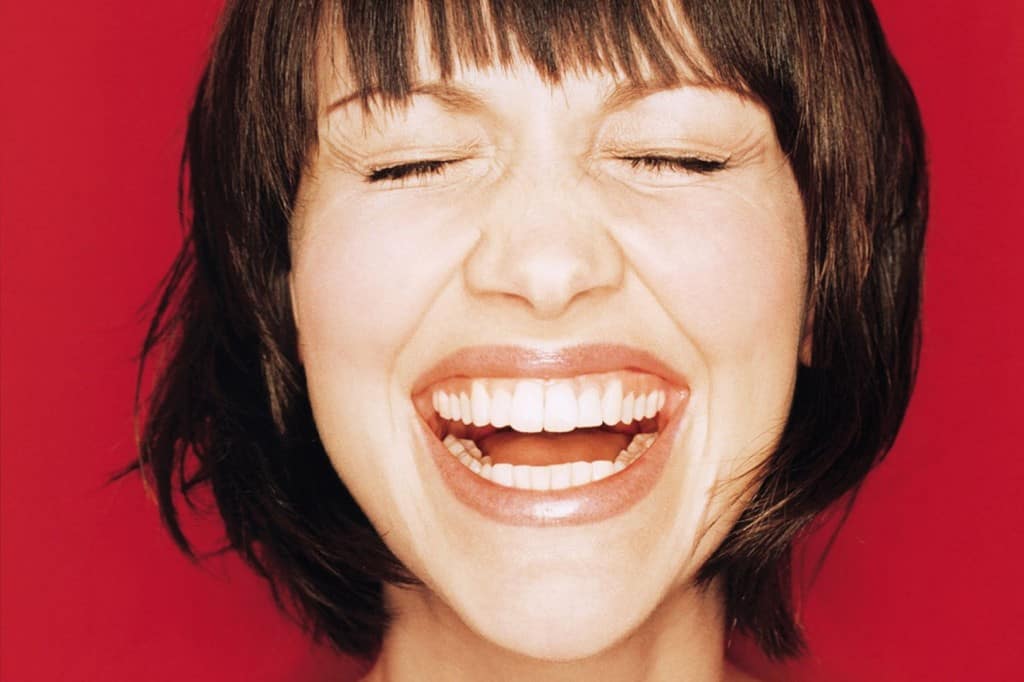
When a person with cataplexy experiences a very strong emotion, whether its fear, anger or laughter due to a joyous event, they lose muscle tone and can sometimes appear as if they have fallen asleep. So far, laughter has been shown to be the biggest trigger for these attacks, which can vary in severity from minor muscle weakness to a complete loss of muscle tone and can even cause the sufferer to collapse.
People with narcolepsy, which is excessive sleeping that can result in sleep attacks, may also suffer from cataplexy. Cataplectic attacks last only a few minutes, and can be treated with medication.
Delayed And Advanced Sleep Phase Disorders

People with delayed sleep phase disorder (DSPD) and advanced phase sleep disorder (APSD) are all around us. They are generally our teenagers and our grandparents.
Delayed sleep phase disorder (DSPD) and advanced phase sleep disorder (APSD) is seen primarily in teenagers as well as older adults over the age of 60, and occurs when a person’s sleep is constantly delayed for 2 to 4 hours. This results in tiredness and fatigue due to inadequate sleep brought on by poor sleeping habits and voluntarily staying up late. Teenagers tend to experience this issue due to cell phone abuse.
People with ASPD tend to go to bed as early as 6:00 PM, but wake up as early as 1:00 AM, but no later than 5:00 AM. Meanwhile mild ASPD is normally associated with the normal aging process.

